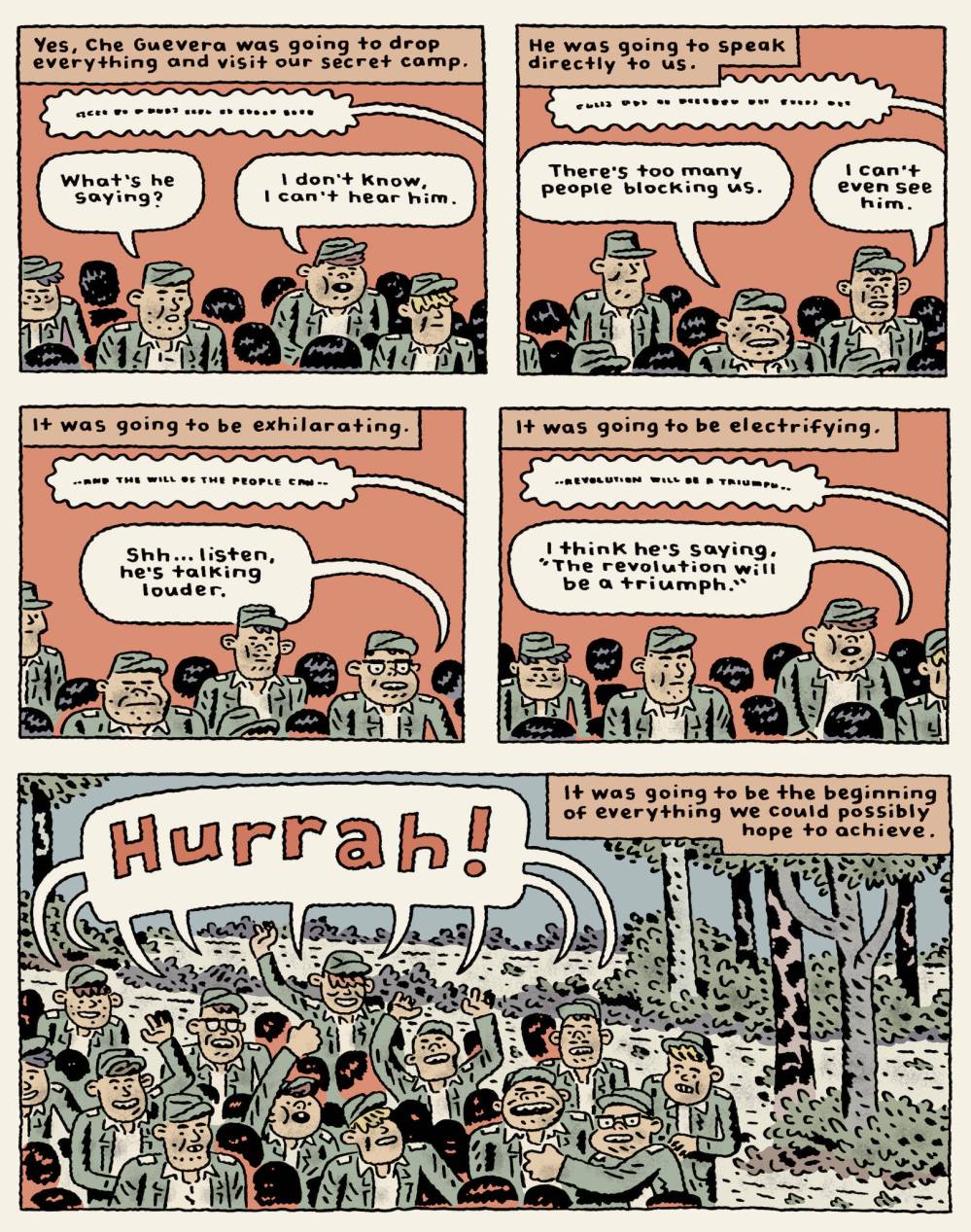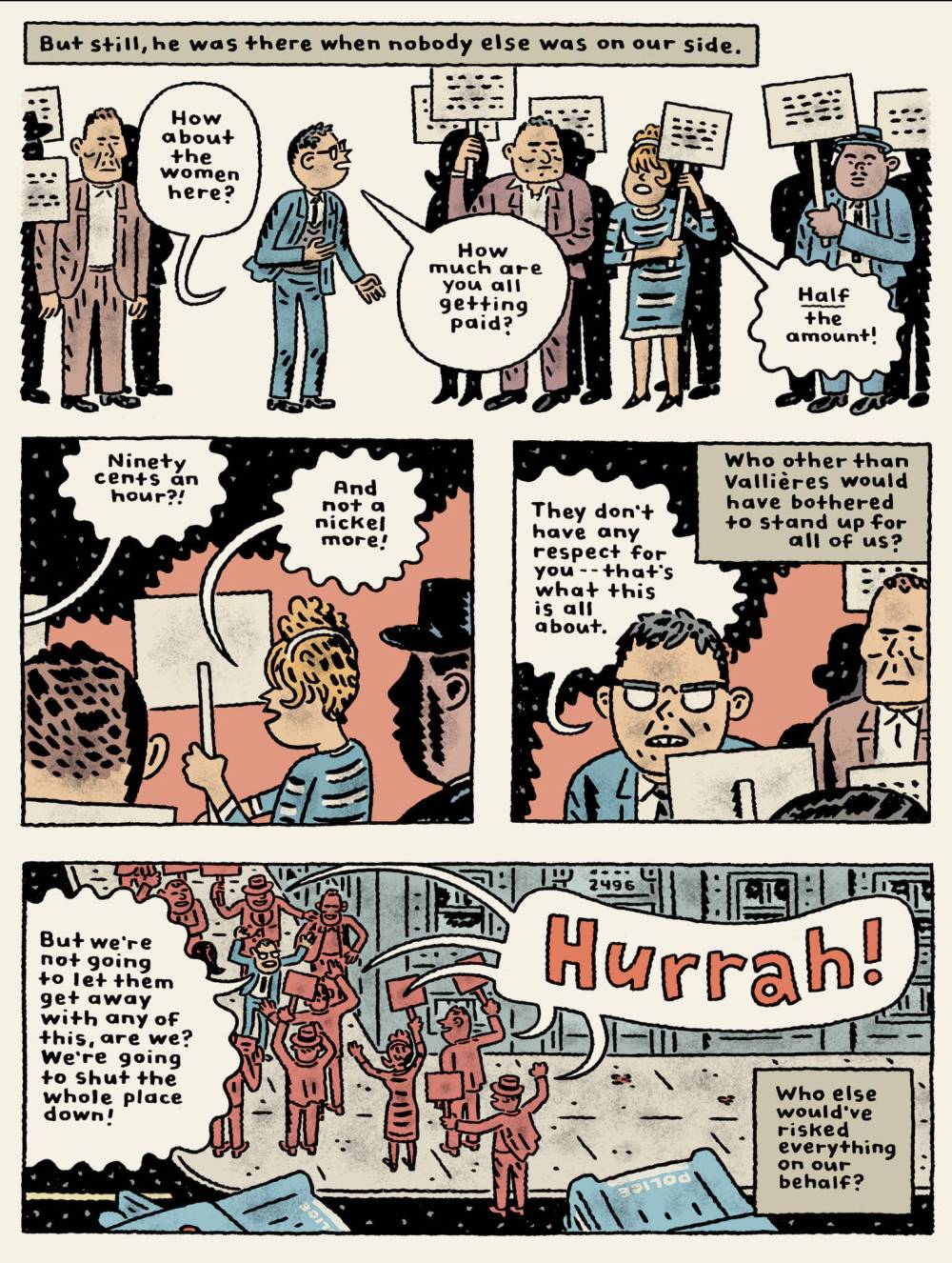Drawing attention to history
Rise of FLQ in 1960s documented in Montreal cartoonist’s graphic novel
Advertisement
Read this article for free:
or
Already have an account? Log in here »
To continue reading, please subscribe:
Monthly Digital Subscription
$0 for the first 4 weeks*
- Enjoy unlimited reading on winnipegfreepress.com
- Read the E-Edition, our digital replica newspaper
- Access News Break, our award-winning app
- Play interactive puzzles
*No charge for 4 weeks then price increases to the regular rate of $19.00 plus GST every four weeks. Offer available to new and qualified returning subscribers only. Cancel any time.
Monthly Digital Subscription
$4.75/week*
- Enjoy unlimited reading on winnipegfreepress.com
- Read the E-Edition, our digital replica newspaper
- Access News Break, our award-winning app
- Play interactive puzzles
*Billed as $19 plus GST every four weeks. Cancel any time.
To continue reading, please subscribe:
Add Free Press access to your Brandon Sun subscription for only an additional
$1 for the first 4 weeks*
*Your next subscription payment will increase by $1.00 and you will be charged $16.99 plus GST for four weeks. After four weeks, your payment will increase to $23.99 plus GST every four weeks.
Read unlimited articles for free today:
or
Already have an account? Log in here »
Hey there, time traveller!
This article was published 03/11/2023 (756 days ago), so information in it may no longer be current.
Ever since he was a teenager, Montreal cartoonist Chris Oliveros has been fascinated by the story of the Front de libération du Québec (FLQ).
In high school, his history class was shown Robin Spry’s 1973 National Film Board documentary Action: The October Crisis of 1970, which detailed the acts of terrorism, including the kidnapping and murder of Quebec labour minister Pierre Laporte, carried out by the militant separatist group in Montreal — under the auspices of liberating Quebec from anglophone rule — and the military response that followed. (The film is available to watch free online at wfp.to/6pe.)
“I was really struck by the fact that events like these, these incredibly tumultuous events, kidnappings and the army in the streets of Montreal, all of this could happen here, in the city where I lived,” says Oliveros from his Montreal home. “I was really blown away.”
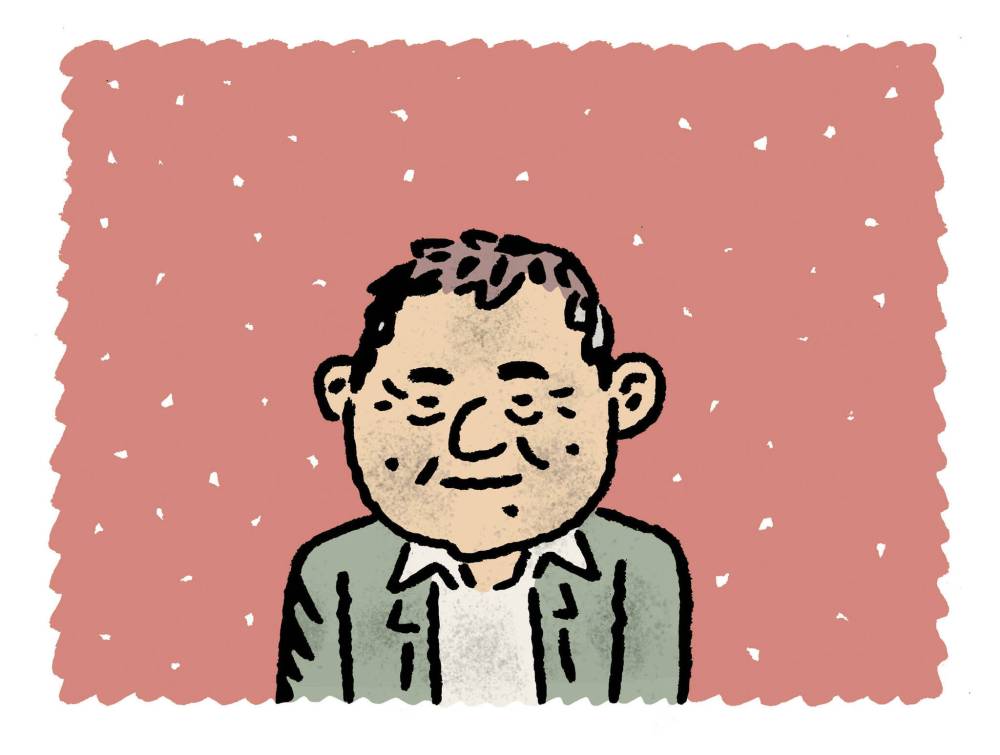
Earlier this month, Montreal publisher Drawn & Quarterly (which Oliveros founded in 1990) published his graphic novel Are You Willing To Die For The Cause?: Revolution in 1960s Quebec, the first of two books about the FLQ by the 57-year-old cartoonist.
Oliveros launches the book in Winnipeg tonight at 7 p.m. at McNally Robinson Booksellers’ Grant Park location, where he’ll be joined in conversation by University of Winnipeg graphic-novel scholar Candida Rifkind.
Are You Willing To Die For The Cause? is divided into three chapters, each detailing a key figure in the FLQ’s early years — Georges Schoeters, François Schirm and Pierre Vallières — leading up to the October Crisis. Using information gleaned from books, newspaper articles and courtroom testimony from the time, Oliveros offers the story of key events — recruitment, military camps, mailbox bombings and more — told from the perspectives of various key players of the time.
Oliveros started writing the first of his two-volume set in earnest in 2015, one of the reasons he stepped away from running Drawn & Quarterly that year.
“I always had in the back of my head that I wanted to do this as a graphic novel — I just never really had the time. It’s a pretty intensive topic; I knew there would be a lot of research,” he says.
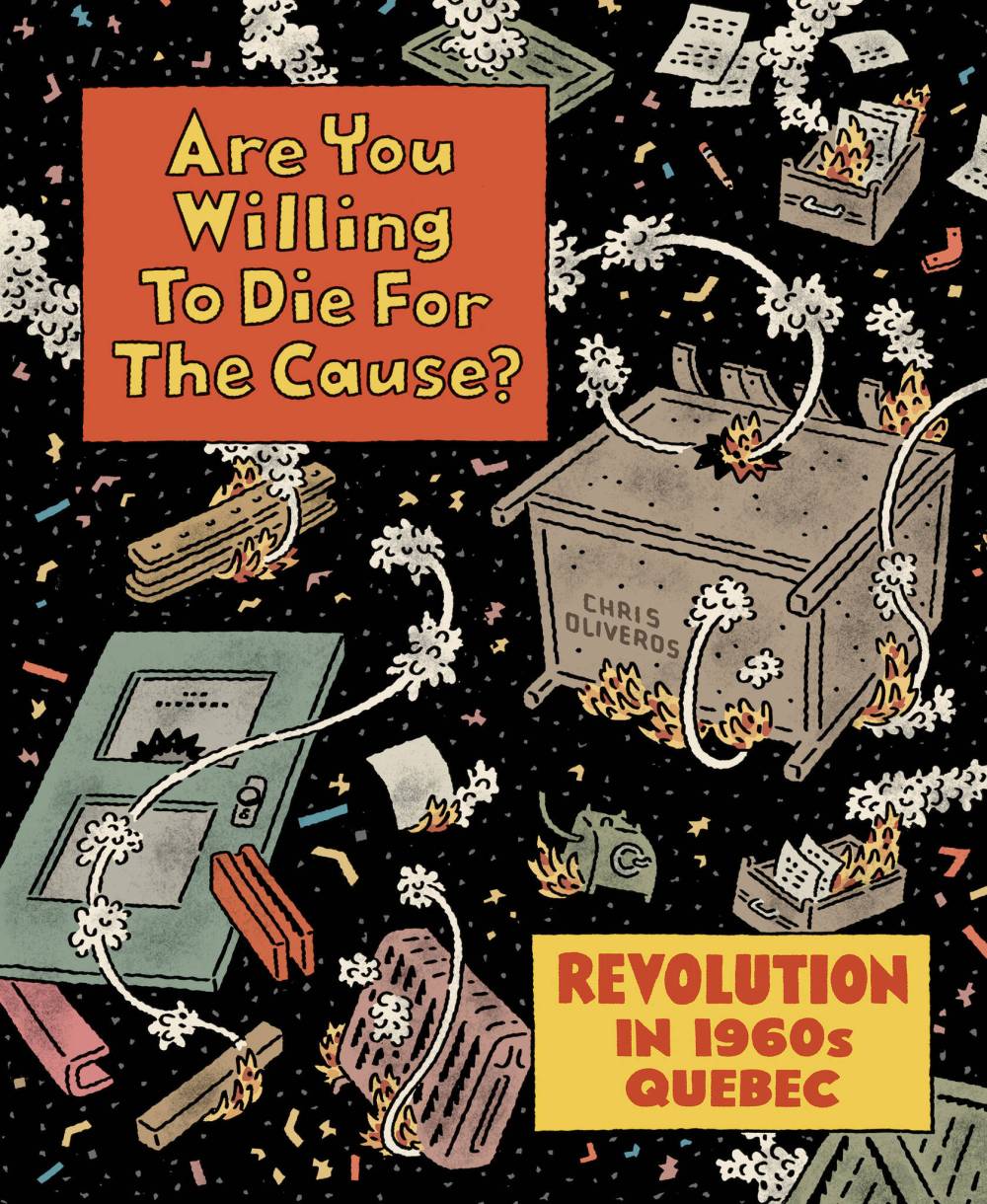
Supplied
Chris Oliveros’ Are You Willing.
Despite the shockwave the October Crisis created in Quebec and beyond, Oliveros realized the story of the FLQ’s rise wasn’t well known, including the fact that two of its three early leaders had only recently arrived to the province from other countries.
“A lot of people may think this is much better known in Quebec, but remarkably, the origins of the FLQ that I write about in this book is mostly unknown in Quebec as well. I would say it’s almost as unknown in Quebec as it is in the rest of Canada,” he says.
The book’s title is in reference to one of the questions posed on a questionnaire given to potential new recruits, many of whom were still in high school, at a Montreal restaurant where FLQ members would hold court.
“In courtroom testimony, many of the people being questioned were teenagers,” says Oliveros.
“One teenager said that he was recruited by the FLQ to make bombs for these mailboxes … and he had almost no bomb-making experience. I was thunderstruck when I read that.”
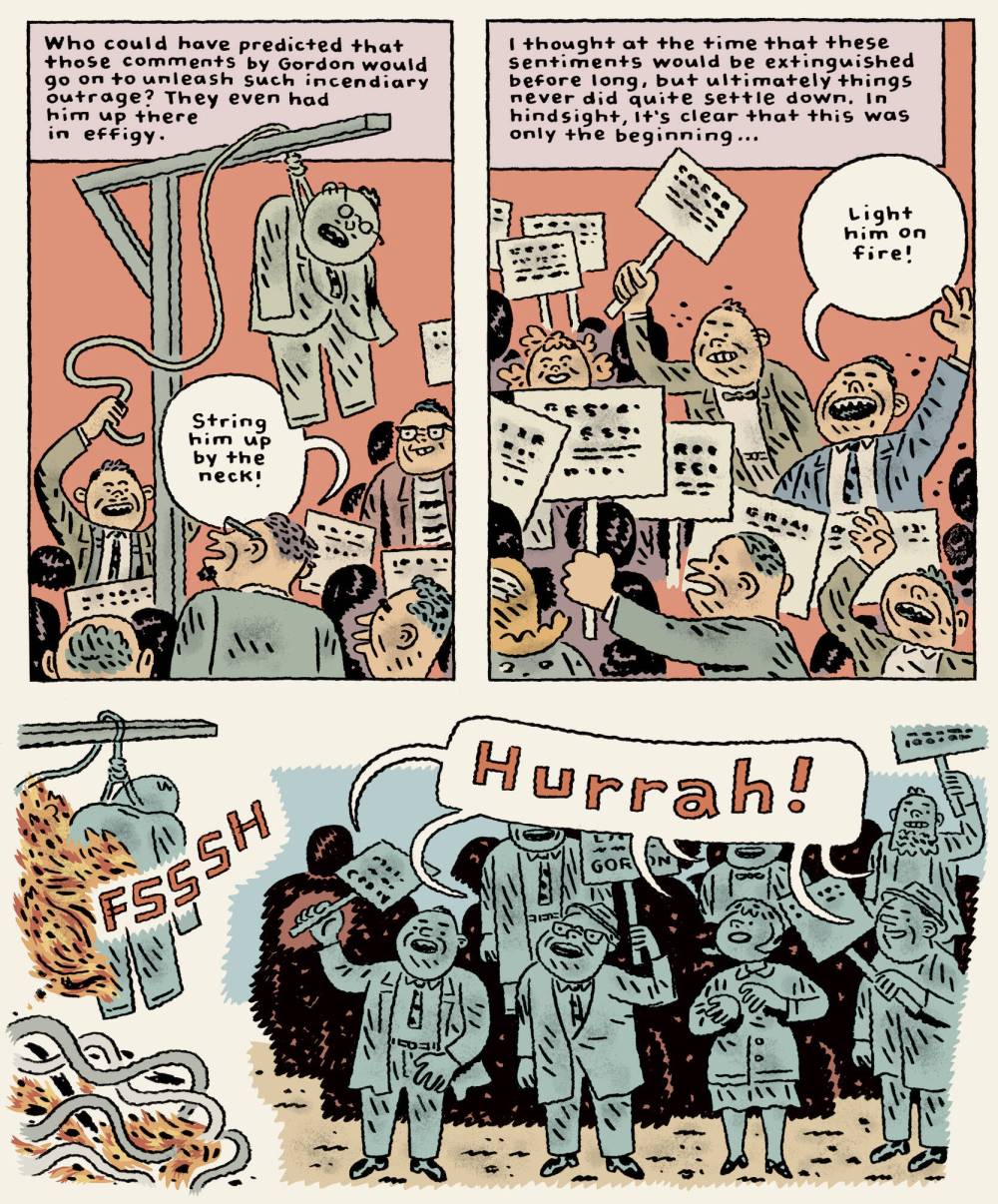
Those mailbox bombings, which took place in mainly anglophone neighbourhoods, resulted in multiple injuries and a handful of deaths in the 1960s.
Oliveros, who is working on the second book, which will focus on the October Crisis, feels the graphic novel format is ideal for engaging readers young and old in historical events outside of the confines of dry, often-drab textbooks.
“One of my favourite graphic novels is Louis Riel by Chester Brown (published in 2003 by Drawn & Quarterly) — I think it’s one of the best graphic novels ever published, and I learned so much about Louis Riel from it,” he says. “We probably touched on Riel in our high school history class, but whatever it was was presented in such a boring way.”
He hopes his book can provide the same spark for readers as Brown’s graphic novel, and Spry’s NFB documentary, did for him.
“So much history, and so much Canadian history, is not boring — it’s fascinating, but unfortunately, a lot of it is just not presented in the right way. I’m hoping this book can open the door to people who might have an interest in the topic.”

ben.sigurdson@winnipegfreepress.com
@bensigurdson

Ben Sigurdson
Literary editor, drinks writer
Ben Sigurdson is the Free Press‘s literary editor and drinks writer. He graduated with a master of arts degree in English from the University of Manitoba in 2005, the same year he began writing Uncorked, the weekly Free Press drinks column. He joined the Free Press full time in 2013 as a copy editor before being appointed literary editor in 2014. Read more about Ben.
In addition to providing opinions and analysis on wine and drinks, Ben oversees a team of freelance book reviewers and produces content for the arts and life section, all of which is reviewed by the Free Press’s editing team before being posted online or published in print. It’s part of the Free Press‘s tradition, since 1872, of producing reliable independent journalism. Read more about Free Press’s history and mandate, and learn how our newsroom operates.
Our newsroom depends on a growing audience of readers to power our journalism. If you are not a paid reader, please consider becoming a subscriber.
Our newsroom depends on its audience of readers to power our journalism. Thank you for your support.


